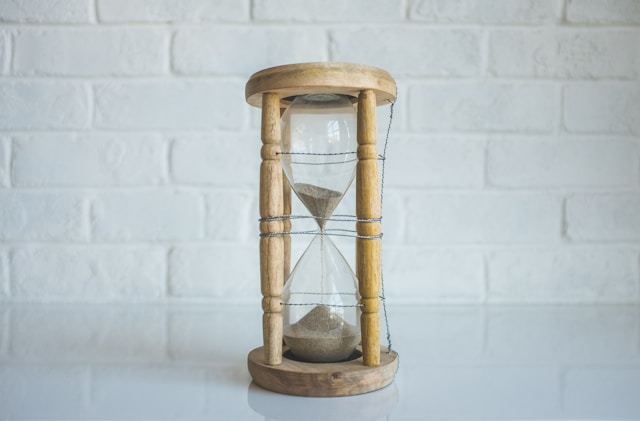A recent study has suggested eliminating daylight saving time in the United States due to increased medical malpractice during DST months. Researchers from the American Academy of Sleep Medicine found higher severity of medical errors and compensation decisions during DST compared to standard time over three decades.
Daylight saving time affects body’s circadian rhythm
Daylight saving time involves advancing clocks by an hour during warmer months to prolong evening daylight. Critics argue it can disrupt the body’s circadian rhythm, affecting sleep-wake cycles. New research indicates it may also harm the healthcare sector.
The study led by Dr. Michael Scullin from Baylor University highlights the impact of the spring daylight saving time change on various aspects such as sleepiness, cardiovascular events, driving accidents, and decision-making processes. Dr. Scullin, an expert in psychological science, emphasizes that even medical errors and malpractice litigation are affected by this shift, adding to existing research on the topic.
A comprehensive study analyzed over 288,000 malpractice claims from the National Practitioner Data Bank spanning from 1990 to 2018. It focused on the effects of daylight saving time transition by comparing claims before and after the springtime change and also examined chronic impacts by comparing claims during DST months with standard time months. Control groups included states that do not observe DST.
DST linked to health outcomes and costs
Dr. Chenlu Gao, a postdoctoral research fellow at Massachusetts General Hospital, highlights in a study that although causality cannot be definitively determined due to the study’s design, the data strongly indicates a correlation between Daylight Saving Time (DST) and healthcare outcomes and costs.
According to Dr Gao prolonged exposure to daylight saving time may cause circadian misalignment, potentially impacting medical errors and legal assessments. This study adds to existing research highlighting the negative effects of spring daylight saving time changes, urging stakeholders and policymakers to reconsider its implementation for public well-being.
Supported by grants from renowned organizations like the National Science Foundation, National Institutes of Health, and Alzheimer’s Association, this research aligns with numerous studies urging a reevaluation of daylight saving time.


